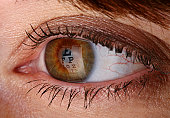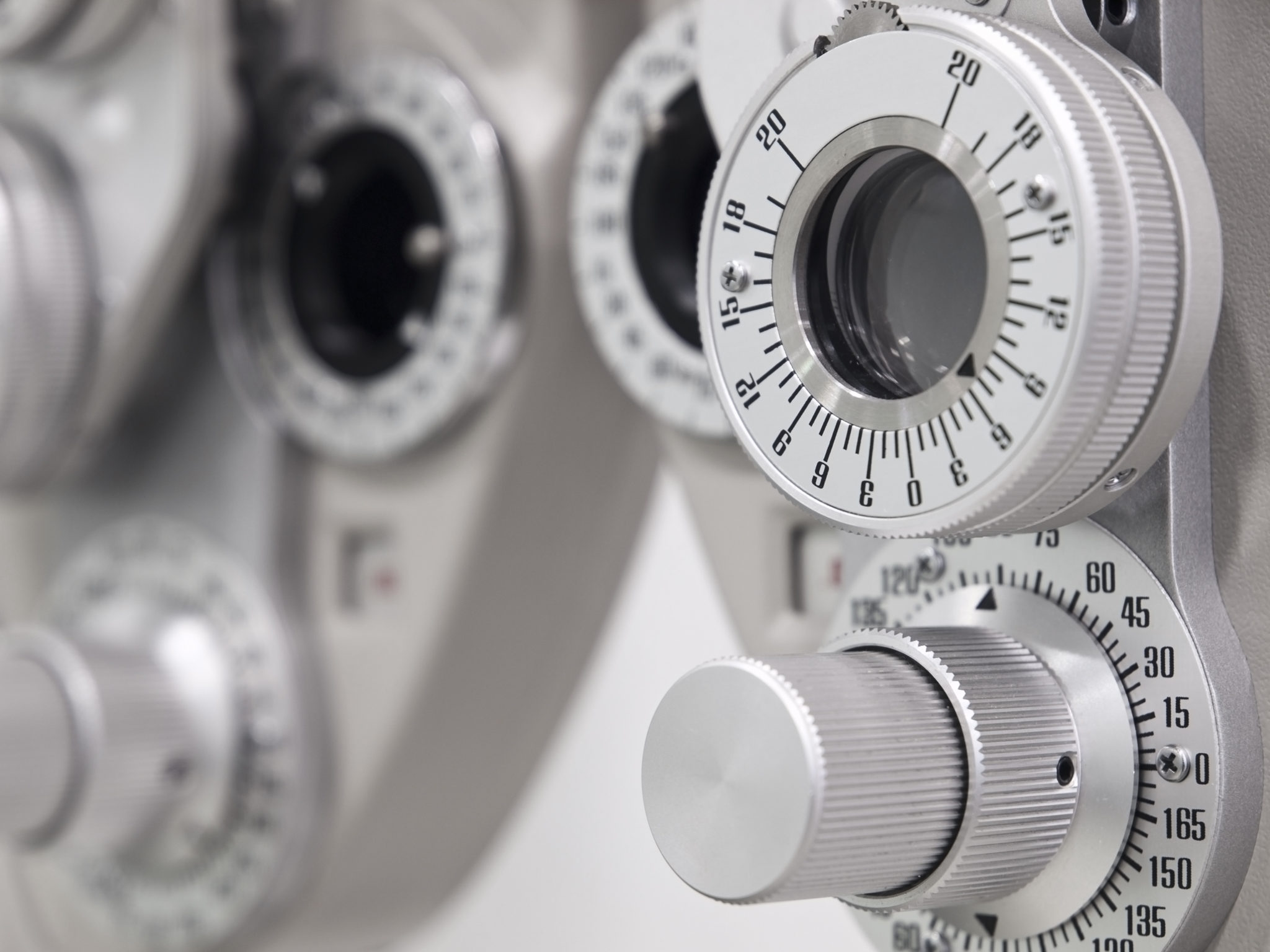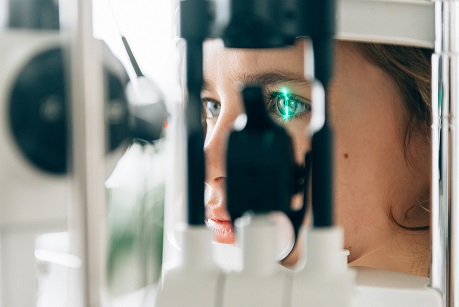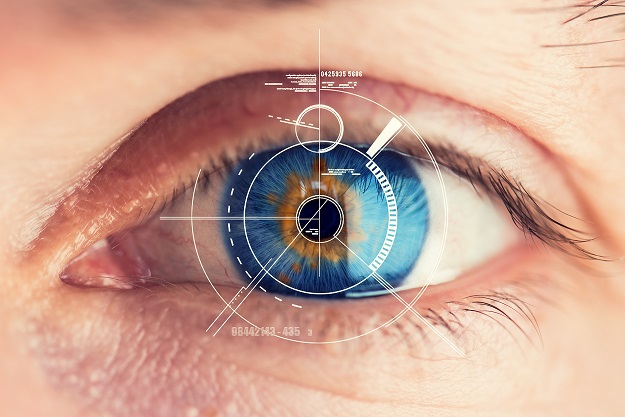Comprehensive Eye Exams for Adults
Your vision is priceless. Routine comprehensive eye exams not only ensure good vision and eye health, but peace of mind. For adults, a regular eye exam is an important part of maintaining your overall health and making your vision last a lifetime.
Eye diseases often come without symptoms that you’d notice until significant damage has been done. Scarborough Eye Care has the expertise and technology to detect serious eye diseases so that preventative action can be taken. Many diseases like high blood pressure, diabetes, stroke, and high cholesterol show early signs through the eyes.

At Scarborough Eye Care, your eye exam includes:
Medical and family history review
Since the eyes are a part of the body, they can be affected by seemingly unrelated health conditions.
Testing
Visual acuity: to determine how well you can detect detail
Binocular vision: to test how the eyes align and work together
Accommodation: to test the eye’s ability to focus at different distances
Pupil reflexes: to screen for neurological problems
Refraction: to determine if glasses are needed, and if so, the best prescription for you
Tonometry: to measure the pressure within your eyes
Eye health, inside and out: to closely examine for diseases that may be symptomless and potentially sight threatening
Consultation
You’ll be provided with a complete explanation of our findings and treatment plan.
You’ll also be given the chance to have all your questions answered and to discuss options for improving and protecting your vision.

Recommended Eye Exam Frequency
Adults aged 20 to 64 should have an eye exam at least every 1-2 years. Some eye and health conditions may also warrant more frequent eye examinations.
At age 65 or older, adults should have an eye exam at least once a year due to the increased risk of eye conditions and diseases that can threaten vision.
Our eyes change as we age. In particular, people over the age of 40 may be at an increased risk for agerelated eye conditions, some of which may have no visible symptoms until the condition is advanced and difficult, or even impossible, to treat. The most common eye problems among adults include:
Presbyopia: a natural effect of aging in which the ability to focus on close objects decreases over time. Presbyopia can cause headaches, blurred vision, and the need for more light or sore eyes
Cataracts: distorted or cloudy vision caused by the lens inside the eye losing its transparency over time. Cataracts can require changes to your glasses or surgical removal.
Diabetic retinopathy: a weakening or swelling of the tiny blood vessels in the retina of your eye,
and the growth of new blood vessels resulting in blood leakage and other changes. If left untreated, blindness can result.
Macular degeneration: a disease that results in degenerative changes to your central vision, and is a leading cause of vision loss among older adults.
Glaucoma: a “silent thief” that often has no symptoms until significant damage has occurred.

Laser Surgery Co-Management
Dr. Yoon has extensive experience in the pre-operative evaluation and post-operative care of laser vision and other refractive correction procedures.
She will evaluate your eyes and discuss your visual goals to help determine if you are an appropriate candidate for laser surgery, KAMRA inlay, or intraocular lenses. If you are a good candidate, a pre-operative evaluation to determine suitability for refractive surgery will be recommended. This evaluation includes:
Counseling on refractive surgery options
Eye dominancy testing
Review of eye history and refractive stability
Medical evaluation of the cornea and eye
Current refraction status
If a decision is made to proceed with surgery, your information will be forwarded to a surgical centre and a pre-surgery consult with a surgeon will be scheduled. Post-operative management will be provided by Dr. Yoon, and includes multiple visits after surgery to evaluate vision and healing.

